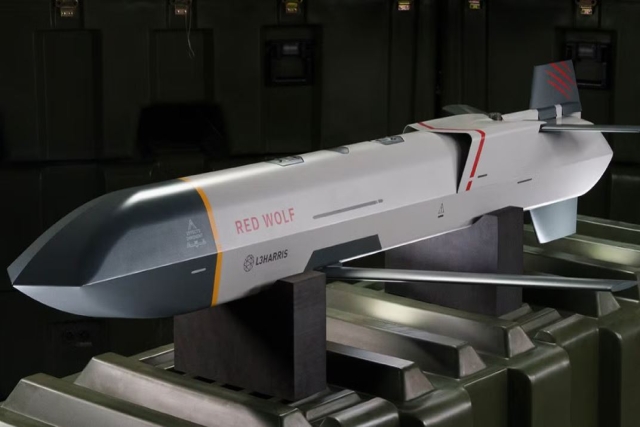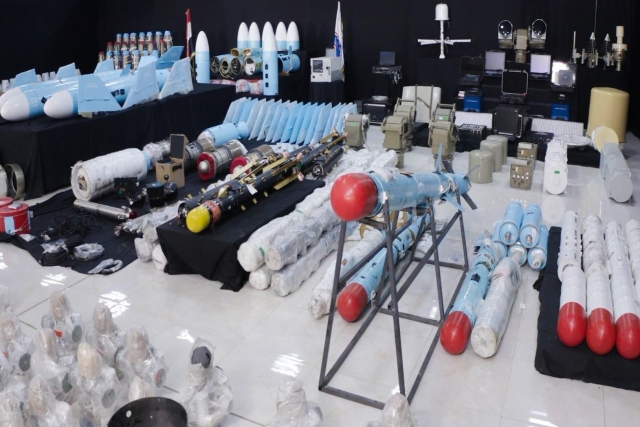Will War Save Defense Conglomerates From U.S. Budget Sequestration?
High defense budget cuts are leaving major companies and even the White House worrying about the aftermath of sequestration, an arbitrary and automatic cut that is imposed across the board to federal programs from the Pentagon budget, putting 2 million jobs at risk. The only viable solution to overthrow sequestration that comes into effect January 2, 2013 is either a full-blown conflict. Should tensions in the Middle East escalate with the U.S and Iran exchanging military blows, the Pentagon would have no choice but to do away with sequestration and begin large-scale induction of weapons systems and munitions. In such a scenario, jobs would remain secure along with military industrial growth. The reductions total $1.2 trillion over 10 years. The first-year cuts are $110 billion, split evenly from defense and domestic programs, from a budget of $3.8 trillion. Companies such as BAE Systems, Northrop Grumman, Lockheed Martin and General Dynamics among others have joined the “Stop Sequestration” campaign calling it a “threat”. “Sequestration is worrisome on many levels,” BAE Systems, President and CEO Linda Hudson said. “Half of the cuts are designated to come from the defense budget, the primary source of funding for our programs. The arbitrary, across-the-board cuts would likely create chaos and could tangle contracts and bring government procurement to a standstill for months”. Meanwhile, U.S Defense Secretary Leon E. Panetta on Monday called the 10-year sequester period a “disaster” that would devastate the military. “If sequestration is allowed to go into effect, it'll be a disaster for national defense and it would be a disaster, frankly, for defense communities as well,” he said. “And frankly, it's not only true about the DOD budget, it's also true relating to the domestic discretionary cuts that will deprive communities of the needed federal support they need in areas like education”. The United States is currently counting Iran, North Korea and China as “threats”. Of these a war with Iran looks a possibility with the Gulf state reeling under economic sanctions and constantly provoked by Israel and the U.S. to ‘come clean on its nuclear program’. It is noteworthy that the U.S. has not been able to produce any evidence of Iran being in possession of nuclear weapons. The U.S. sees China as a long term threat and has decided to concentrate its naval assets in the Asia Pacific region. By Bindiya Thomas









